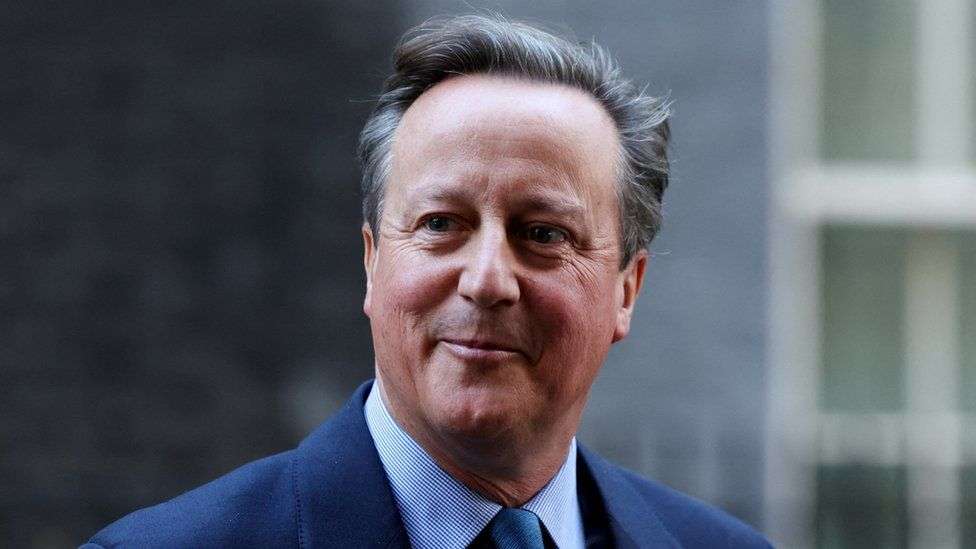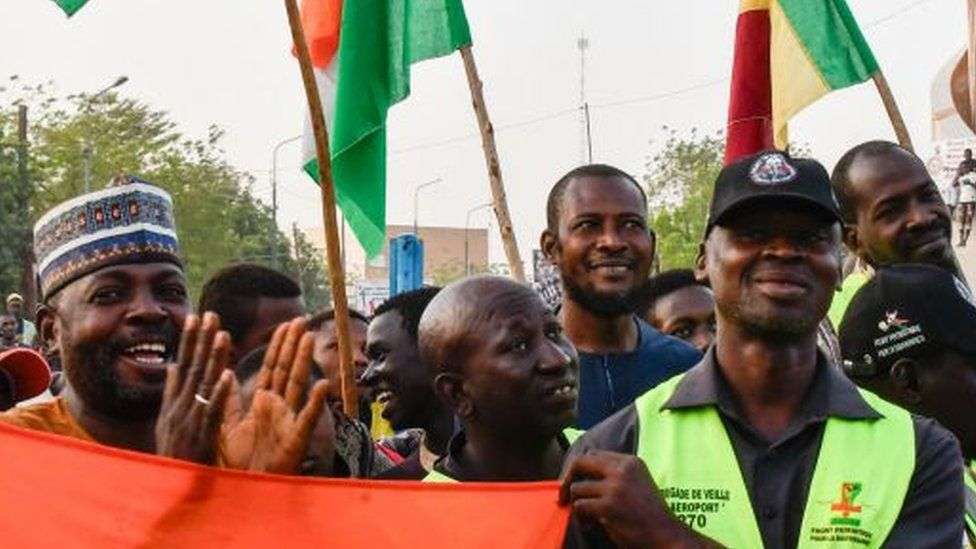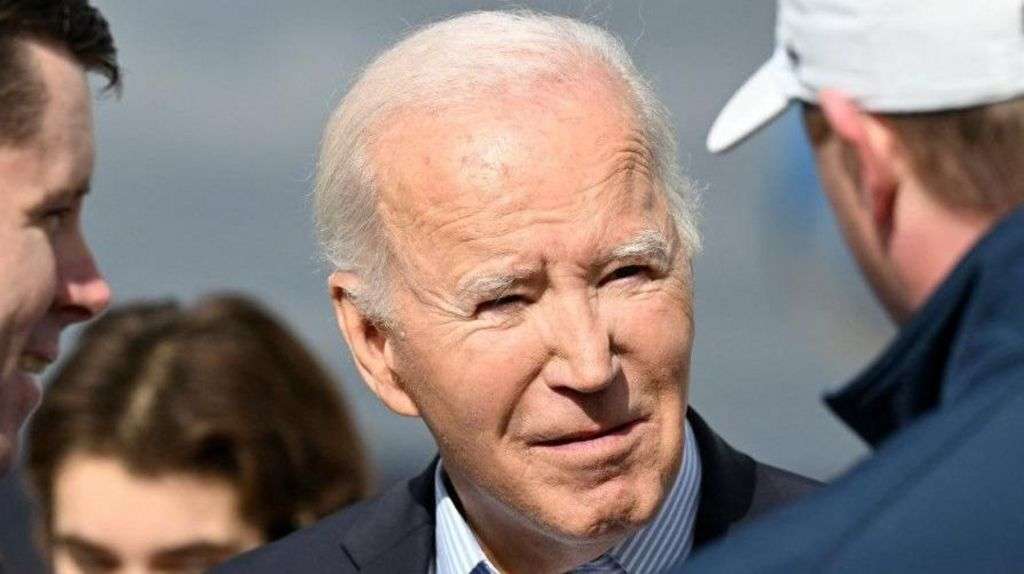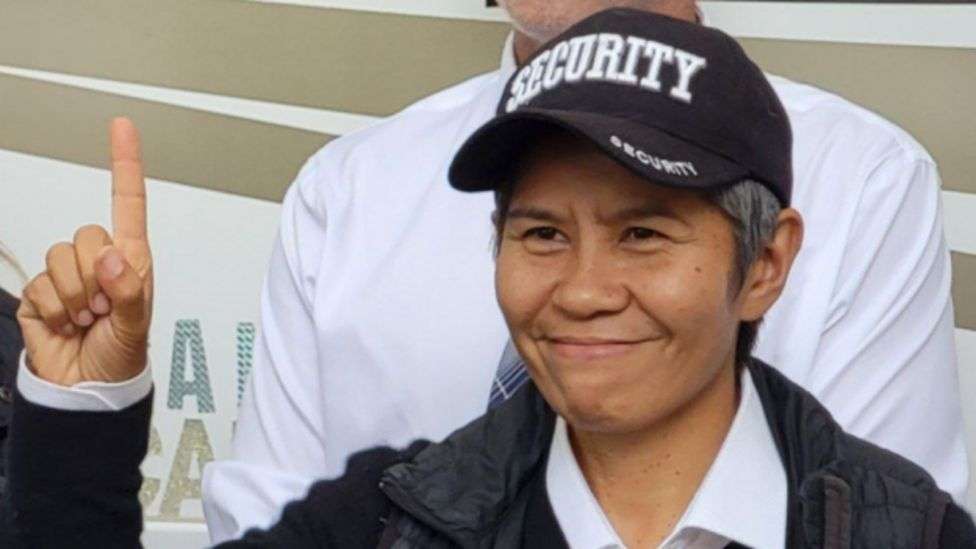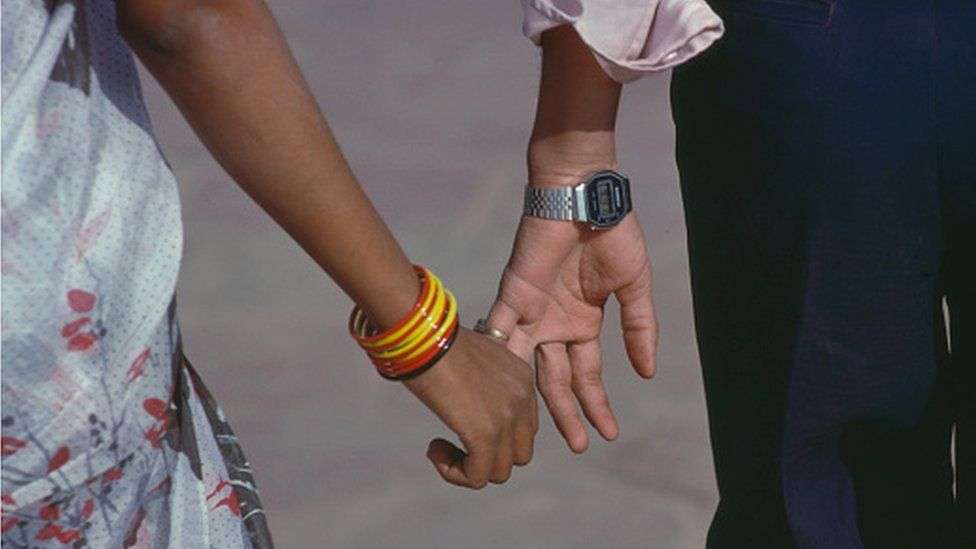Sir Keir Starmer has challenged Rishi Sunak over his appointment of David Cameron as foreign secretary, raising concerns about his links to China.
The Labour leader asked when there would be "full public disclosure for his work for Chinese interests".
Sir Keir cited Lord Cameron's previous work for a Chinese investment fund, which he said may have been "engineered by the Chinese state".
The prime minister said Lord Cameron had "unrivalled experience".
Defending the appointment, Mr Sunak said he would help the UK navigate "an uncertain world".
He added: "Like every other government minister, he will go through the normal process with the independent adviser."
The former prime minister made a surprise return to the cabinet as part of Mr Sunak's dramatic reshuffle on Monday, when he sacked Suella Braverman as home secretary.
During Prime Minister's Questions, Sir Keir said: "The prime minister obviously thinks so little of his own MPs that he's had to peel David Cameron away from his seven-year exile in a shepherd's hut and make him foreign secretary."
Raising concerns about Lord Cameron's interests in China, the Labour leader highlighted his former role as vice-chairman of a China-UK investment fund.
He cited a report published earlier this year by Parliament's Intelligence and Security Committee, which said it was possible the role was "in some part engineered by the Chinese state to lend credibility to Chinese investment, as well as to the broader China brand".
In response Mr Sunak said: "China represents an epoch-defining challenge. That's why we have taken strong and robust steps to protect ourselves against the risk that it poses."
When he was prime minister, Lord Cameron hailed a "golden era" of closer relations between the UK and China.
Since leaving No 10, some of his business activities have also involved China.
For example, he has given speeches supporting investment in a new port in Sri Lanka that has been heavily backed by Beijing.
In recent years, UK-China relations have been strained, with tensions over issues including a crackdown on human rights in Hong Kong and the treatment of Uighur Muslims in Xinjiang.
Last year Mr Sunak said the so-called "golden era" was over, arguing the closer economic ties of the previous decade had been "naïve".


